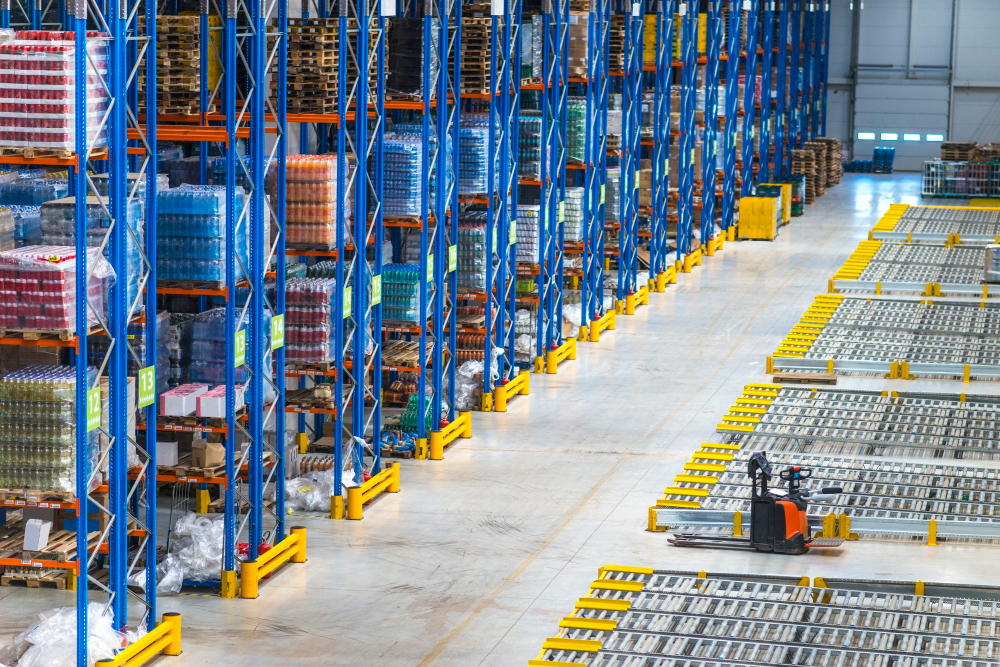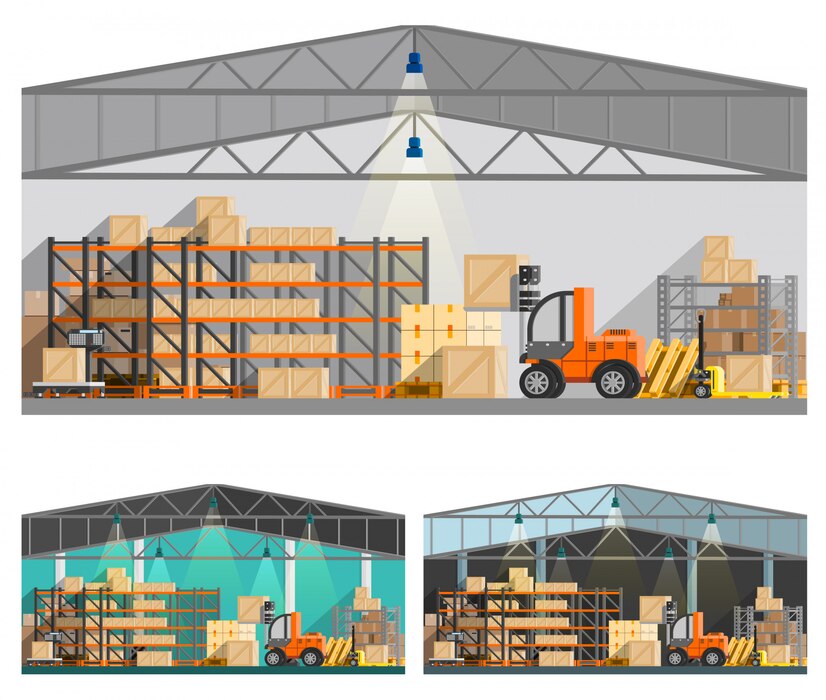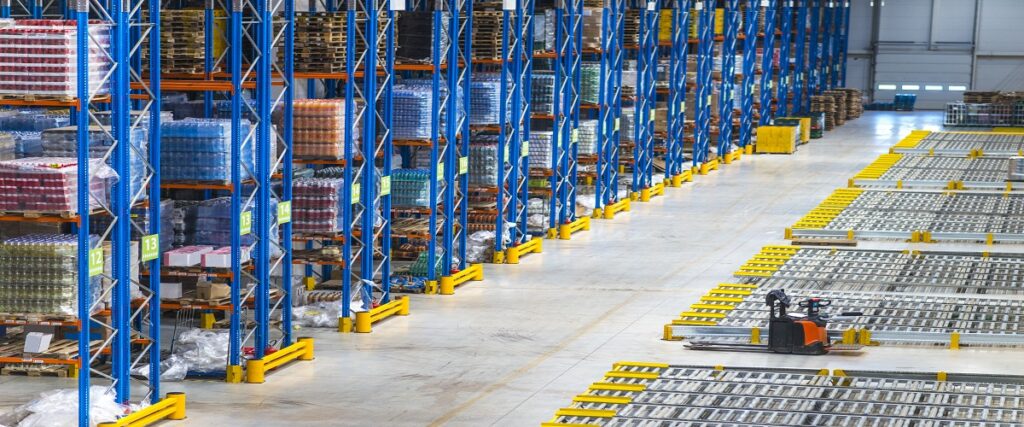A Full Guide on Real Estate Development Process in 2023 From Concept to Creation
Real Estate Development is an intricate and multifaceted endeavor that involves turning abstract ideas into tangible structures. This intricate journey encompasses innovative concept creation and the meticulous orchestration of construction to craft remarkable properties. Each phase in this process demands thorough planning, precise execution, and an unwavering dedication to achieving excellence.
Whether acquiring your first home or expanding your property portfolio, the quality of the real estate development holds paramount importance. The value of any investment property aligns closely with the caliber of its development. In essence, real estate development refers to the transformative process of adding substantial and tangible value to a piece of land. Undertaking this developmental journey entails a monumental responsibility, involving a diverse array of activities aimed at enhancing the land’s potential.
3 Main Stages of The Real Estate Development Process
Understanding the significance of the real estate development process is pivotal for both developers and investors due to its complexity, risks, and resource-intensive nature. This multifaceted process involves multiple stages, each demanding considerable capital and time.
Despite its challenges, efficiently navigating this process empowers developers to introduce new properties into the market. These projects, when executed adeptly, present investors with lucrative opportunities for profit. For investors, comprehending the intricacies of real estate development is invaluable in discerning projects that align with their objectives and preferences. This understanding enables informed decisions, facilitating the selection of projects that best suit their needs and aspirations.
1. Pre-Development
The adage rings true: groundwork is essential. The initial phase of a real estate development company revolves around meticulous preparation. It demands a comprehensive analysis, primarily focusing on due diligence. This stage involves extensive research on the land plot, obtaining permits, and navigating numerous uncertainties and risks.
A critical aspect involves thoroughly assessing the real estate market, understanding investor preferences, and identifying opportunities. Acquiring suitable land, conducting environmental evaluations and surveys, and crafting detailed site plans are pivotal steps. Securing necessary permits to green light construction is also a priority, requiring strict adherence to local legislation and safety standards. Any non-compliance can trigger delays, resulting in financial drains and labor setbacks. This preparatory phase lays the groundwork for a successful development journey but requires meticulous attention to detail and adherence to regulatory protocols.
2. Construction
Indeed, the successful completion of the preparation stage significantly reduces the risks associated with the development process, paving the way for construction to commence. A proficient and well-trained team overseeing the project is imperative to ensure a seamless construction phase. Given that construction constitutes the most financially intensive part of the process, avoiding cost overruns and time delays is crucial.
Simultaneously, this phase involves setting the groundwork for the final stages, encompassing aspects such as devising a marketing strategy and hiring property managers. The construction phase typically culminates in a series of inspections, verifying the property’s quality, structural integrity, and safety standards. Only upon passing these rigorous inspections and obtaining the necessary certificates can the subsequent stages proceed.
3. Operations
Once construction concludes, developers have the choice to either lease or sell the property. Opting for leasing initiates the operations phase, which involves securing tenants. Investors favor properties with high occupancy rates, prompting many developers to commence pre- leasing during the construction stage to ensure tenants are in place upon completion.
Ranked among the pinnacle of India’s top builders, we take pride in crafting the world’s most exceptional developments, transcending geographical boundaries, markets, and consumer segments. Our distinctive blend of expertise and experience seamlessly marries quality with scale, setting an unparalleled pace in the country’s real estate landscape.
As custodians of our esteemed legacy as top real estate builders, SRE India embraces a profound responsibility towards our workforce, investors, and the environment. While crafting the world’s finest developments, we aspire to grow in a manner that positively impacts both our planet and people. Our enduring pursuit of opulence aligns seamlessly with our commitment to a greener, more sustainable future.
A Full Guide on Real Estate Development Process in 2023 From Concept to Creation Read More »



![Why Real Estate Development Is Important in 2023 – [Expert Guide]](https://sreindia.in/wp-content/uploads/2023/12/Real-estate-development-sre-india-1366x2048-1-683x1024.jpg)






